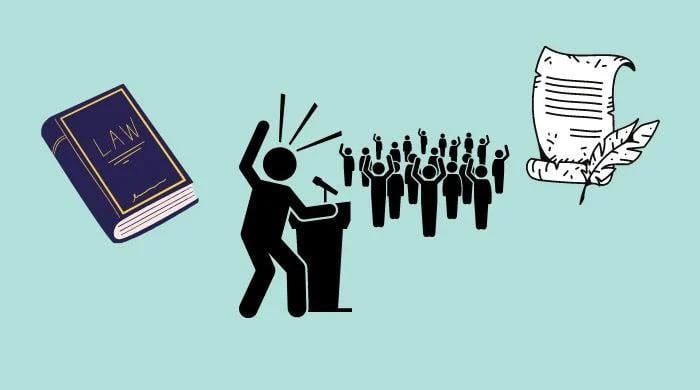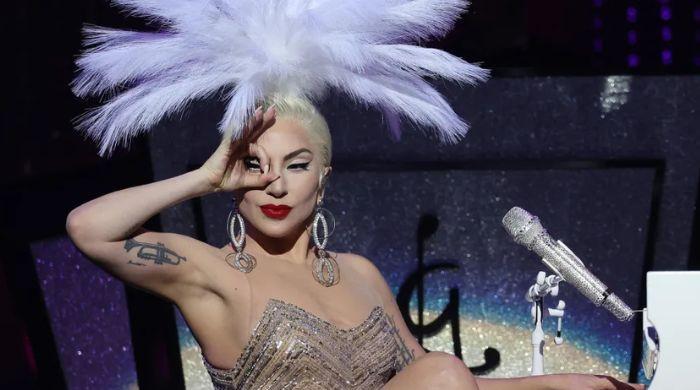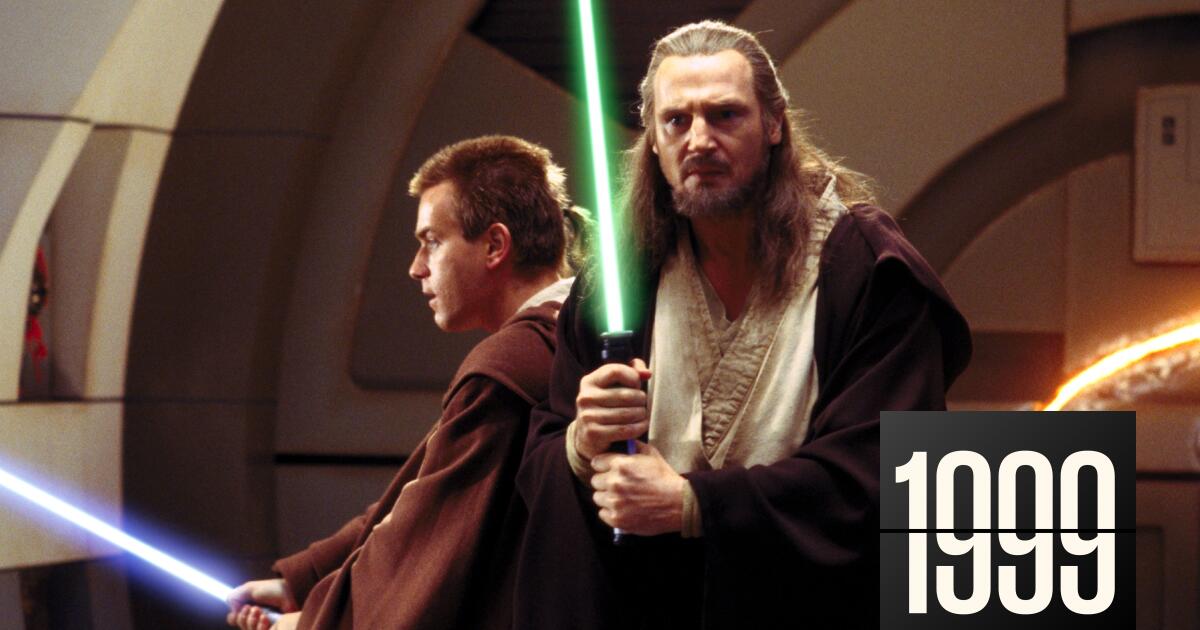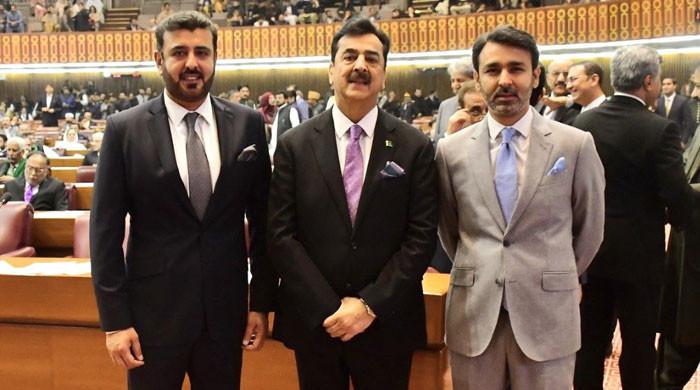Politicians who are willing to acknowledge their weaknesses will likely be the ones who do not inflict their weaknesses on the nation.
In the 2016 US presidential election, libertarian conservative satirist PJ O'Rourke explained his decision to vote for Democratic Party candidate Hilary Clinton with the words: “She's wrong about absolutely everything, but she's wrong within the parameters “normal.”
O'Rourke's ideology may have been closer to that of the Republican Party, but his idea of what is and is not normal for a politician caused him to turn his back on the candidate of his preferred party.
Reading this anecdote made me wonder if some Pakistanis felt the same way too. Politics in each country has a parameter of normality: what should or should not be done. Some politicians may have views or ideas that we do not agree with. But his behavior falls within the parameters of normality.
Professional politicians tend to respect these parameters. Celebrities hoping to take advantage of frustration and discontent with professional politicians enter politics with grandstanding, threats, and actions that simply do not conform to their country's political norms.
Are there even parameters of normal behavior in Pakistan? And in the absence of such parameters, can electoral democracy function effectively? When the country is not under direct military rule, Pakistan's political system operates in four almost predictable stages.
In the first stage, a politician is elected in an election that his opponents consider rigged. In the second stage, that leader is removed or removed from office, followed by the third stage, when he is disqualified from a future election. The fourth stage comes when the once popular elected leader is arrested and charged with various crimes.
Even in this cycle of electing, impeaching, disqualifying, and arresting, politicians can behave in a way that allows them to return to power. For those who disagree with them, that would be tantamount to being wrong within normal parameters. But an outside celebrity could see his “overwhelming popularity” as a way to overthrow the existing political order. This decision to act outside the parameters of normality has the potential to energize fans and supporters of anti-establishment politicians. But it also discourages many who don't like riots.
The average person usually prefers improvements in their life without chaos. That, more than anything else, is why disruptive politicians fail after their initial shock value diminishes. Given the penchant of many in Pakistan for revolutionary rhetoric, it is important to remind people why revolutions are few and far between. It is never easy to get the vast majority of people to risk stability for some utopia.
In addition to setting the parameters for normal politics, Pakistani politicians also need to work to develop some self-awareness and recognize the value of humility. Public support and popularity are intoxicating drinks. Sometimes they can go to your head and cause you to dismiss all criticism as the work of your enemies. This is why it is said (although not conclusively established) that Roman emperors found it necessary to be reminded of their mortality in their most glorious moments. In the triumphal parades, someone stood behind the emperor, constantly reminding him: “Look behind you. Remember that you are a man.” [Respice post te! Hominem te memento!].
This precaution was not limited to the Roman emperors. One of India's founding fathers, Jawaharlal Nehru, wrote an article criticizing himself in 1937 and published it anonymously under the pseudonym Chanakya. The article spoke of Nehru's dominance over the crowd, as well as his popularity, prestige and influence. But he added: “Men like Jawaharlal, with all their ability to do great and good work, are not safe in a democracy…. He calls himself a democrat and a socialist…but every psychologist knows that the mind is ultimately a slave to the heart and that logic can always be made to fit man's irrepressible desires and impulses. One small turn and Jawaharlal could become a dictator.”
Nehru was the first prime minister of independent India and during his long tenure (1947-1964) he never acted like a dictator. In any case, Nehru can be credited with laying the foundations for India's successful experiment in constitutional democracy. Awareness of his autocratic tendencies, identified in the article he wrote about himself, led Nehru to resist the temptation to exercise dictatorial powers.
Years later, while Nehru was Prime Minister of India, New York Times Correspondent CL Sulzberger asked him if he had really written the article in which he criticized himself. “Yes,” he admitted, “I wrote it for fun, I sent it to a friend who had it published. No one assumed I was the author. Gandhi even became indignant, thinking that some enemy was attacking me.” Sulzberger asked if Nehru thought his judgment of his character was correct. He replied: “I suppose that if a man can see such weaknesses within himself and discuss them, this is early proof that he will never succumb to them.”
With one or two exceptions, Pakistan's current leaders do not publicly acknowledge their mistakes, failures or negative tendencies. There is not much evidence that they do it in private either. Pakistan's “Maula Jatt” political culture requires everyone to blow their own trumpet and proclaim their own greatness. There is also no shortage of sycophants, who reinforce the delusions of grandeur of dynasts and populists alike. Celebrities are often prone to narcissism. But even Pakistan's professional politicians have no one to remind them of their mortality.
In addition to being asked to set the parameters within which they will oppose each other and the country's establishment in their quest for power, Pakistan's political leaders should also be asked to write a self-criticism similar to Nehru's Chanakya article of 1937. Only those who are willing to acknowledge their weaknesses will likely be the ones who do not inflict these weaknesses on an already beleaguered nation.
The writer, a former Pakistani ambassador to the United States, is a diplomat in residence at the Anwar Gargash Diplomatic Academy in Abu Dhabi and a senior fellow at the Hudson Institute in Washington DC.
Disclaimer: The views expressed in this article are those of the writer and do not necessarily reflect the editorial policy of Geo.tv.
Originally published in The News












